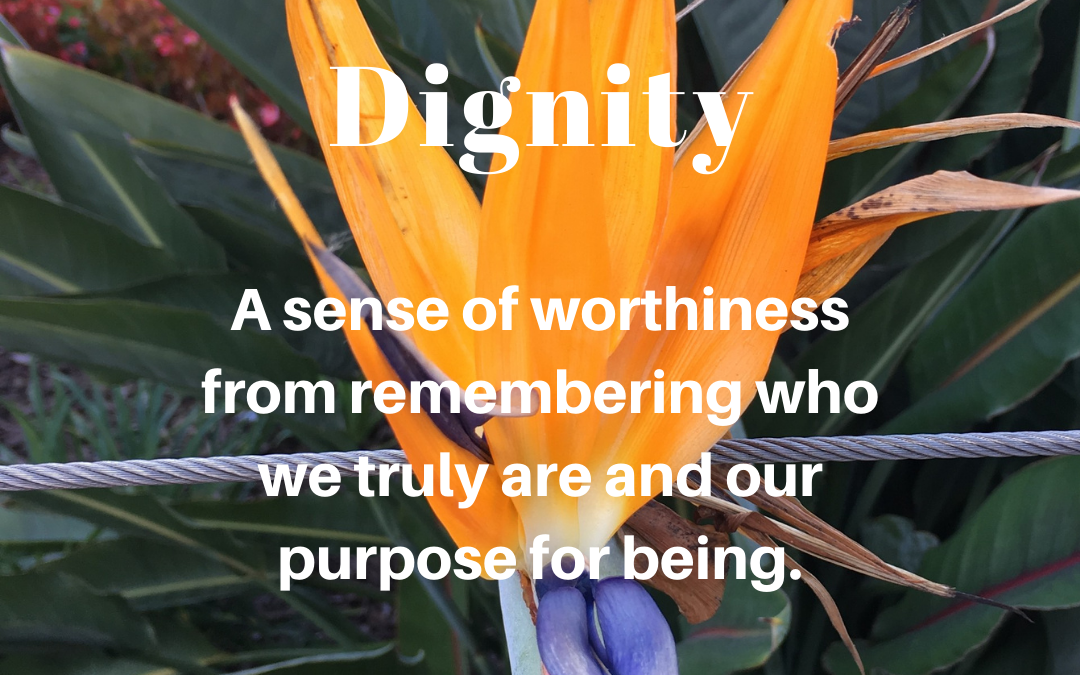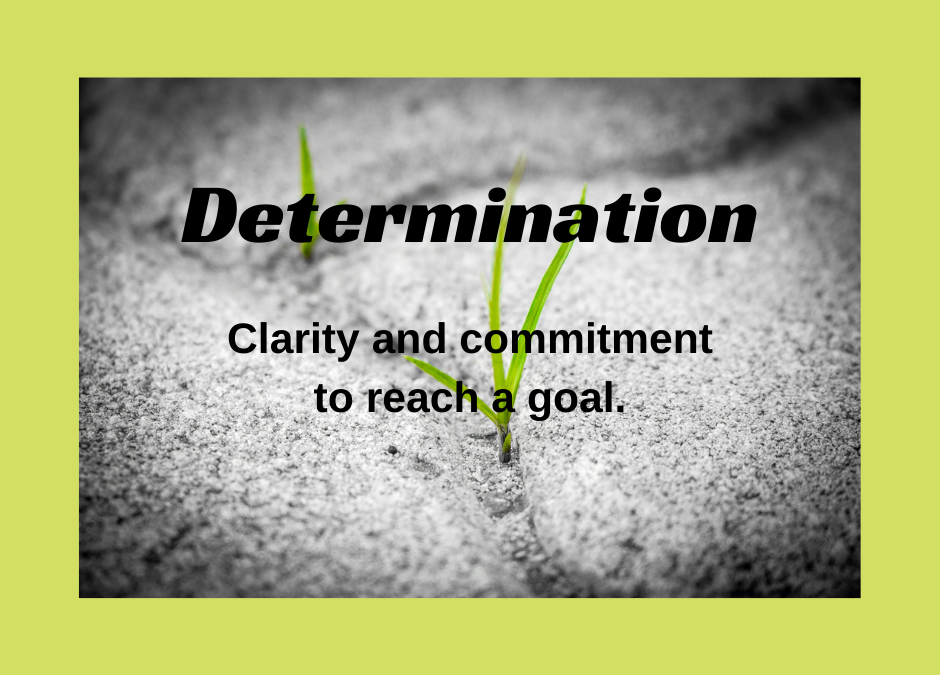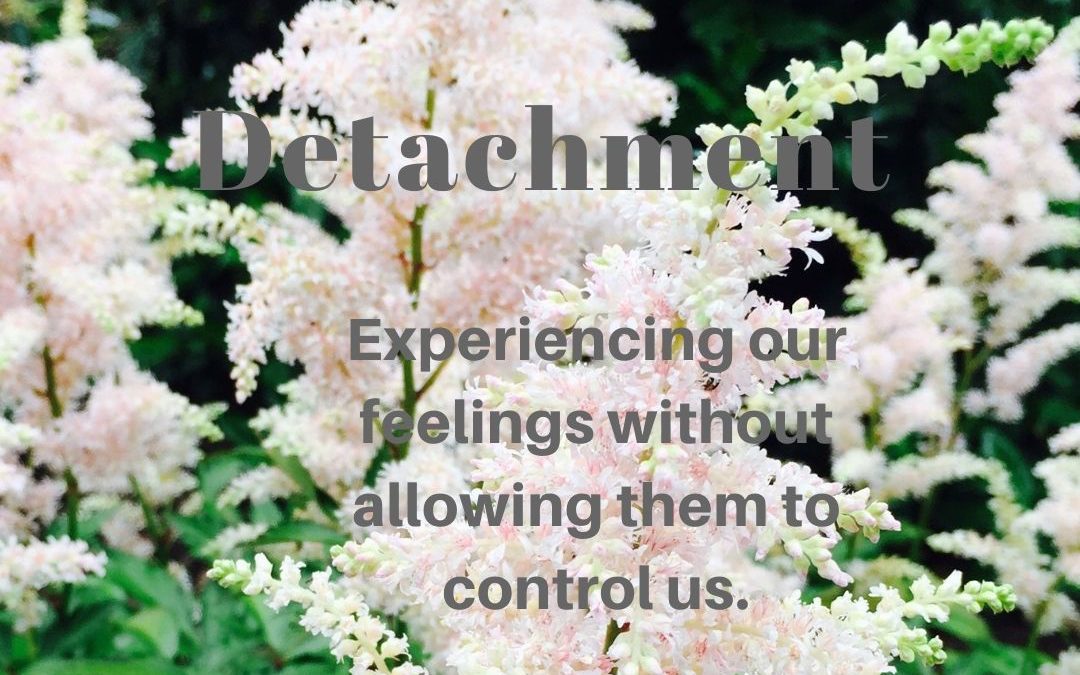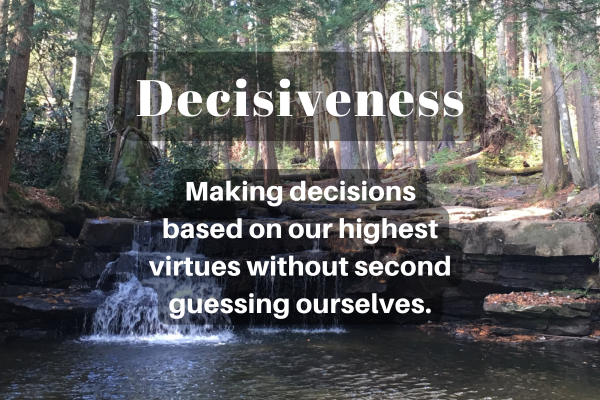
Diligence
Description
Diligence is the commitment to doing what needs to be done with care, focus, and wholehearted attention. It is the steady effort to bring our best to every task, whether big or small, guided by a desire for excellence. Like an artisan crafting with love, diligence invites us to approach our work with meticulous dedication and alignment with our purpose.
This virtue extends beyond tasks and projects—it is also essential in cultivating meaningful relationships. Diligence encourages us to choose our relationships thoughtfully and invest in them with joy, love, and care. By consistently nurturing and strengthening our bonds, we ensure they remain vibrant and enduring.
Diligence is not merely about achieving goals but the process and the fulfillment it brings. When we pour our energy into what truly matters, we experience a profound sense of satisfaction and purpose. It reminds us that excellence is not about perfection but about showing up fully and doing our best with integrity and love.
In every area of life, diligence helps us honor our commitments, deepen our connections, and create a life imbued with meaning and beauty.
Affirmations for Diligence
1. I commit fully to the task at hand.
This helps focus your energy and attention, reinforcing the importance of being present in the moment.
2. I take one step at a time to reach my goals.
Breaking tasks into smaller, manageable steps prevents overwhelm and encourages steady progress.
3. I give my best effort in everything I do.
Setting a standard of excellence inspires dedication and pride in your work.
4. I value consistency as the foundation of success.
Reminding yourself of the power of regular effort keeps you motivated to show up daily.
5. I find joy in the process of working toward my goals.
Shifting focus from outcomes to the process fosters a positive mindset and persistence.
6. I align my actions with my purpose.
This encourages intentionality, ensuring your efforts are meaningful and aligned with your values.
7. I remain patient and trust the process.
Diligence requires time; this affirmation helps maintain perseverance without rushing.
8. I embrace challenges as opportunities to grow.
Viewing obstacles as part of the journey builds resilience and keeps you committed.
9. I plan and prepare to ensure success.
Thoughtful planning supports diligence by creating clear steps and reducing distractions.
10. I celebrate small wins along the way.
Recognizing progress boosts motivation and reinforces your diligent efforts.
Quotes
“What we hope ever to do with ease, we must first learn to do with diligence.” — Samuel Johnson
“Diligence is the mother of good fortune..” — Miguel de Cervantes
“He who labors diligently need never despair; for all things are accomplished by diligence and labor.” — Menander
Diligence In Family Life
Diligence in family life means approaching our responsibilities, relationships, and goals with focus, effort, and a commitment to doing our best. For parents, it involves modeling hard work, consistency, and the joy of seeing tasks through to completion. It’s about creating a home where effort is valued, challenges are faced with persistence, and goals are achieved through steady dedication.
For children, diligence means learning to take pride in their work, finishing what they start, and understanding that success is built through consistent effort. It’s about showing up every day, even when things are difficult, and developing the habit of doing their best in school, chores, or relationships.
Diligence plays a crucial role in strengthening bonds in family relationships. Parents and children practice diligence by actively nurturing their connections—spending quality time together, listening with full attention, and showing care through small, consistent actions. It means tending to relationships with the same care and focus as we would a treasured project.
When families embrace diligence, they create a culture of mutual support and shared effort where each member feels valued for their contributions. Together, they grow stronger, more connected, and better equipped to face life’s challenges with resilience and joy.
Balancing Diligence
Diligence, when practiced in balance, is a powerful force in family life. It inspires focused effort, nurtures perseverance, and helps each family member achieve their best. However, diligence can lead to perfectionism, burnout, or excessive pressure when overdeveloped. When underdeveloped, it may result in neglect of responsibilities or lack of follow-through. The following virtues help ensure diligence remains a positive and balanced presence in family life:
-
-
-
Moderation: Encourages setting healthy limits, ensuring that effort and focus do not come at the cost of rest, relationships, or well-being.
-
Patience: Reminds us that meaningful progress takes time and allows for understanding when results aren’t immediate.
-
Flexibility: Helps adapt plans and expectations when circumstances change, preventing frustration and rigidity.
-
Compassion: Encourages empathy and understanding for ourselves and others when diligence falls short or tasks are incomplete.
-
Joyfulness: Brings a sense of lightness and fun, ensuring that hard work doesn’t overshadow the importance of enjoying family moments.
-
Contentment: Teaches satisfaction with doing one’s best, regardless of the outcome, preventing an endless pursuit of more.
-
Gratitude: Shifts the focus from what is left to accomplish to what has already been achieved, fostering appreciation for the journey.
-
Serenity: Promotes calm and peace, counteracting the stress that sometimes accompanies diligent effort.
-
Humility: Encourages realistic expectations of ourselves and others, fostering teamwork and mutual support rather than individual perfectionism.
-
Detachment: Allows us to let go of overattachment to outcomes, focusing instead on the process and learning along the way.
-
-
Maintaining a balance of virtues ensures that diligence remains a source of strength and positivity in family life. By cultivating complementary virtues, parents and children can practice diligence in a way that honors effort without compromising joy, connection, or well-being. This balance creates a harmonious family environment where each member thrives and grows together.
Joe is a husband, father, grandfather, author, speaker, educator, course creator, and parent/family coach.
He helps parents develop unity, find clarity, communicate, and develop consistency in their parenting with the Four C’s of Successful Families. You can find his work on social media.
In addition, the Four C’s newsletter is enjoyed by many as it encourages parents to self-care, build their relationships with their partners, and raise their children.
And he loves to golf!





